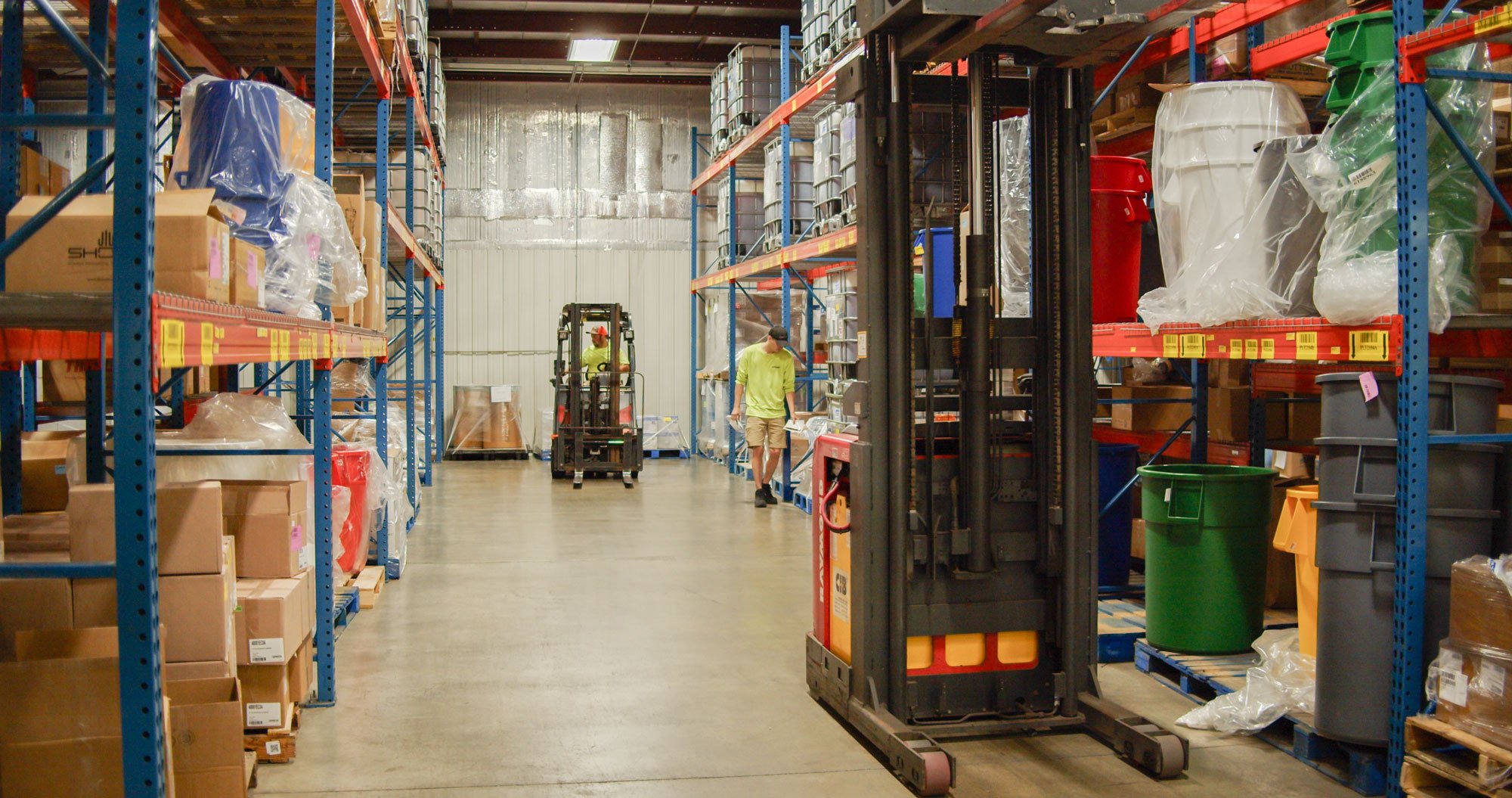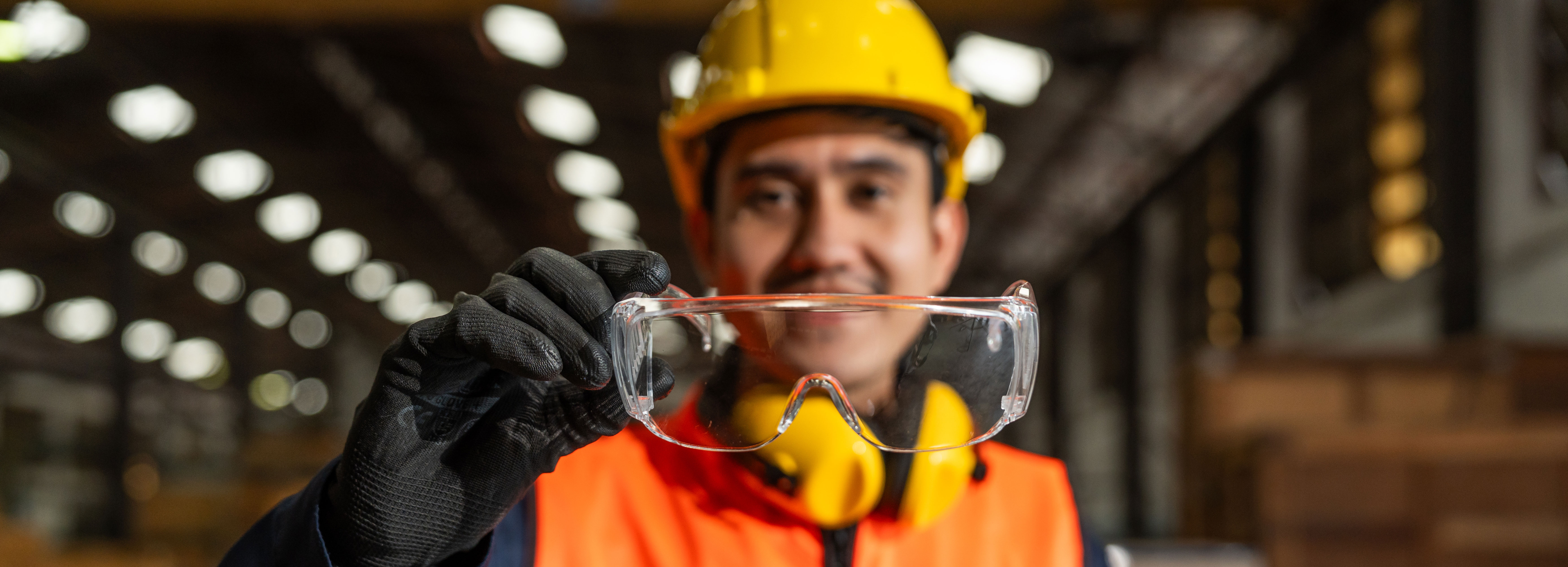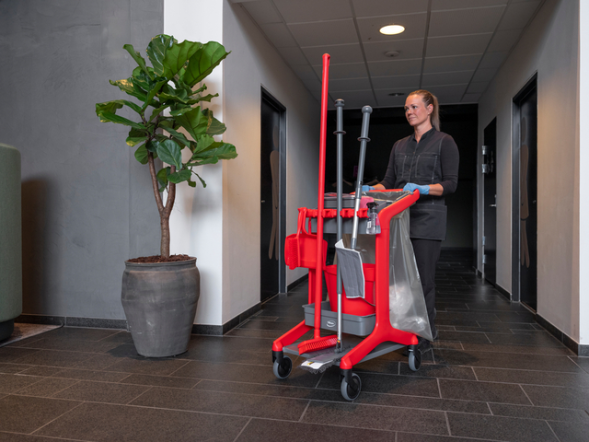
From farm to retail, the SQF (Safe Quality Food) food safety codes are designed to help organizations across the food supply chain meet industry, customer, and regulatory requirements. Obtaining SQF certification is a way to show your customers that your organization is fully committed to food safety
Facilities strive not only for certification but also for a 100% SQF score to ensure that operations run smoothly and that consumers and manufacturers are equally safe.
But what exactly does a “perfect” score mean in SQF?
Does it mean that your company is doing everything right? What is involved in getting that score? What does it take to maintain it? We will share that information and why Nelson-Jameson strives for perfect scores in the section below, but first, let’s talk about the SQF certification process and how long it takes.
Learning the SQF code and preparing your facility takes time. On average, it’s about six months from the time a company opts into the program until the time they earn the certification. Much of this time is spent preparing for the audit through paperwork and training programs. The audit itself is a relatively short process. The average audit is 2-3 days; which means companies are often preparing for the audit the other 362 days of the year.
Want to get started with SQF? Learn more here.

An SQF audit is a “snapshot in time.” Your auditor will even tell you this in your opening meeting. The auditor certainly cannot see everything a company is doing in just 2-3 days. SQF auditors, however, are well-trained. The certification process to become an auditor is lengthy and there is annual continuing education involved.
Many auditors are cross-trained and can audit multiple codes and categories within the SQF umbrella. When a company is undergoing an audit, they must provide documentation pertaining to Module 2 of the code (whether your scope is in manufacturing, retail or distribution, module 2 is the same.) In Module 2 the auditor is looking at a company's management responsibilities as well as programs involving food safety (HACCP), manufacturing practices (GMP), verifications of these programs, trending, internal inspections and allergen management in addition to a number of others.
Sitting through the desk audit can be painstaking. Hours of auditor questions and offerings of company program documents to show that a company is doing what they say they are doing. An auditor will then take knowledge of the company’s programs and make their way to the warehouse or processing site to make comparisons. Again, asking themselves, "Is the company doing what they say they are doing?"
The auditor will review prerequisite programs. These programs may involve cleaning, maintenance, pest control, and temperature controls to name only a few. Documentation of these activities must be impeccable. An auditor will look for inaccuracies, missing information and lack of detail. They will also be looking for trends in program management. The auditor will make comparisons from month to month through the documentation provided. An auditor may then interview personnel with questions pertaining to their job functions and programs such as allergen management or temperature control.
The auditor is not in a facility to fail them or “find” something wrong. The auditor is there to observe and research the processes. Remember, the audit itself is merely a snapshot of what is likely getting done throughout the remainder of the year. Findings by auditors can be very minor and cause the loss of only a point or two on an audit or they may find a complete breakdown in a process which will lead to a follow-up audit 6 months later.
When an auditor is satisfied with the information they have received, both visually and verbally, they will review findings if any were observed and create a report. No findings means that the auditor found nothing in the paperwork or processes that was of concern, as it applies to the SQF code. With that, a company earns a score of 100%.
Yes, 100% is attainable and sustainable. It does not come without hard work and dedication. Not only must the SQF practitioner and upper management continue to work on the program, all personnel involved in the company’s processes must be diligent in making certain that they are carrying out the functions of the company's Food Safety Plan, every single day.
Nelson-Jameson and its employees are dedicated to Food Safety. A perfect score of 100% has been achieved in our SQF certified facilities 10 times consecutively, and we will continue to strive for that score. Achieving a score that is not easily given out is a great morale booster for employees, as well as an assurance to partners and customers that the safety and integrity of products that come through our distribution center is our top priority.
Find out more about the SQF code at: https://www.sqfi.com/

November 4, 2025
When it comes to mitigating hazards in a food manufacturing facility, no area of the body is more import...

October 31, 2025
As a plant manager in food manufacturing, balancing productivity with the importance of employee safety ...

October 27, 2025
The Vikan HyGo Mobile Cleaning Station is an effective solution for on-the-go commercial cleaning, and i...